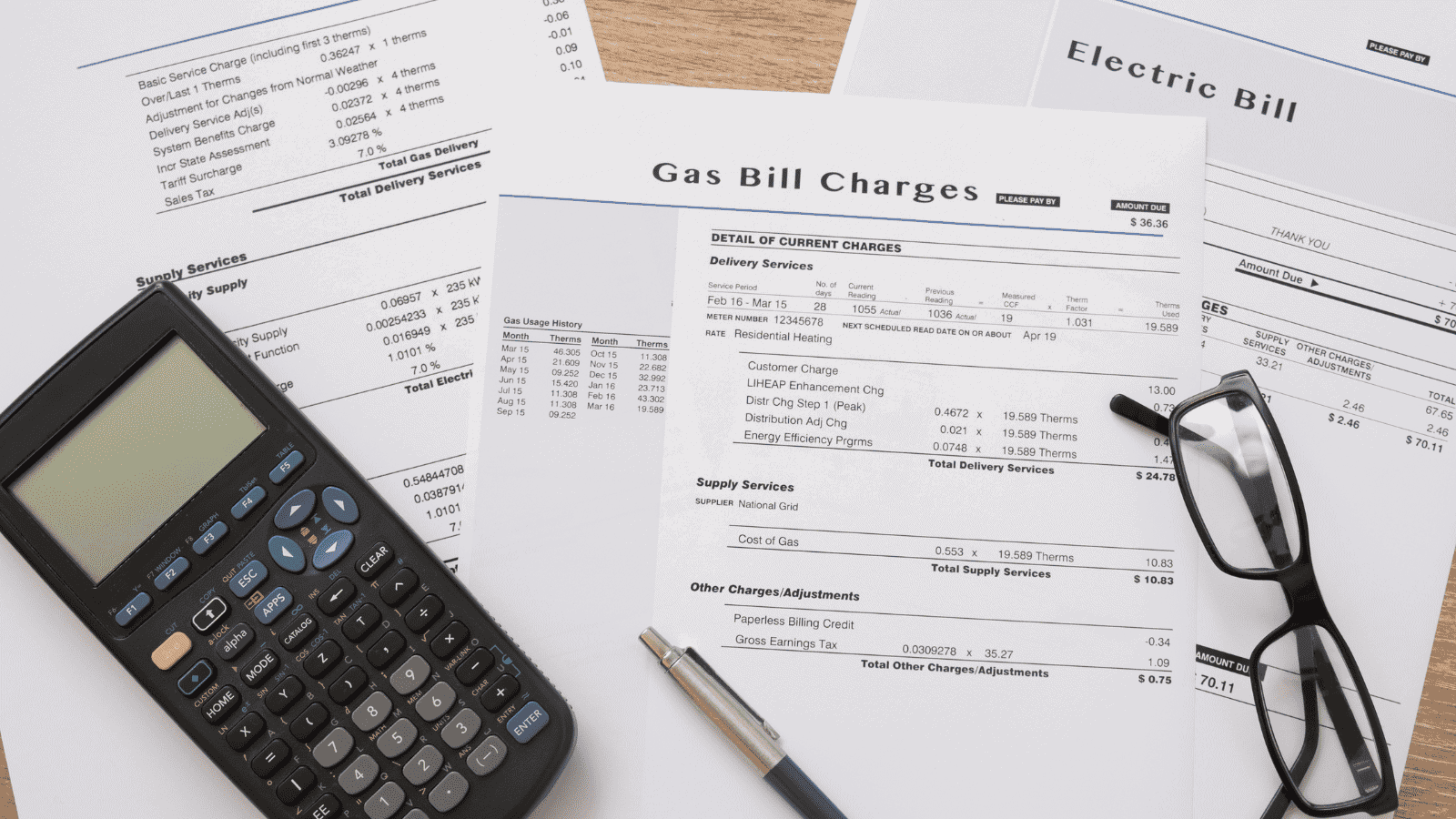Saving energy is never easy, especially when our devices use more of it than ever. However, while our energy bills are never going to disappear completely, there are plenty of ways to save energy—and money—in our homes. You can start by taking note of some of the ways you’re wasting electricity in your home without even realizing it.
Opening the Refrigerator

We’re all guilty of opening the refrigerator, peering inside, and then closing the door again. Unfortunately, this bad habit is more than just a waste of time. According to the Alliance to Save Energy, we each spend about 10 hours a year staring into our fridges or freezers—that’s a lot of wasted energy!
Hot Washes
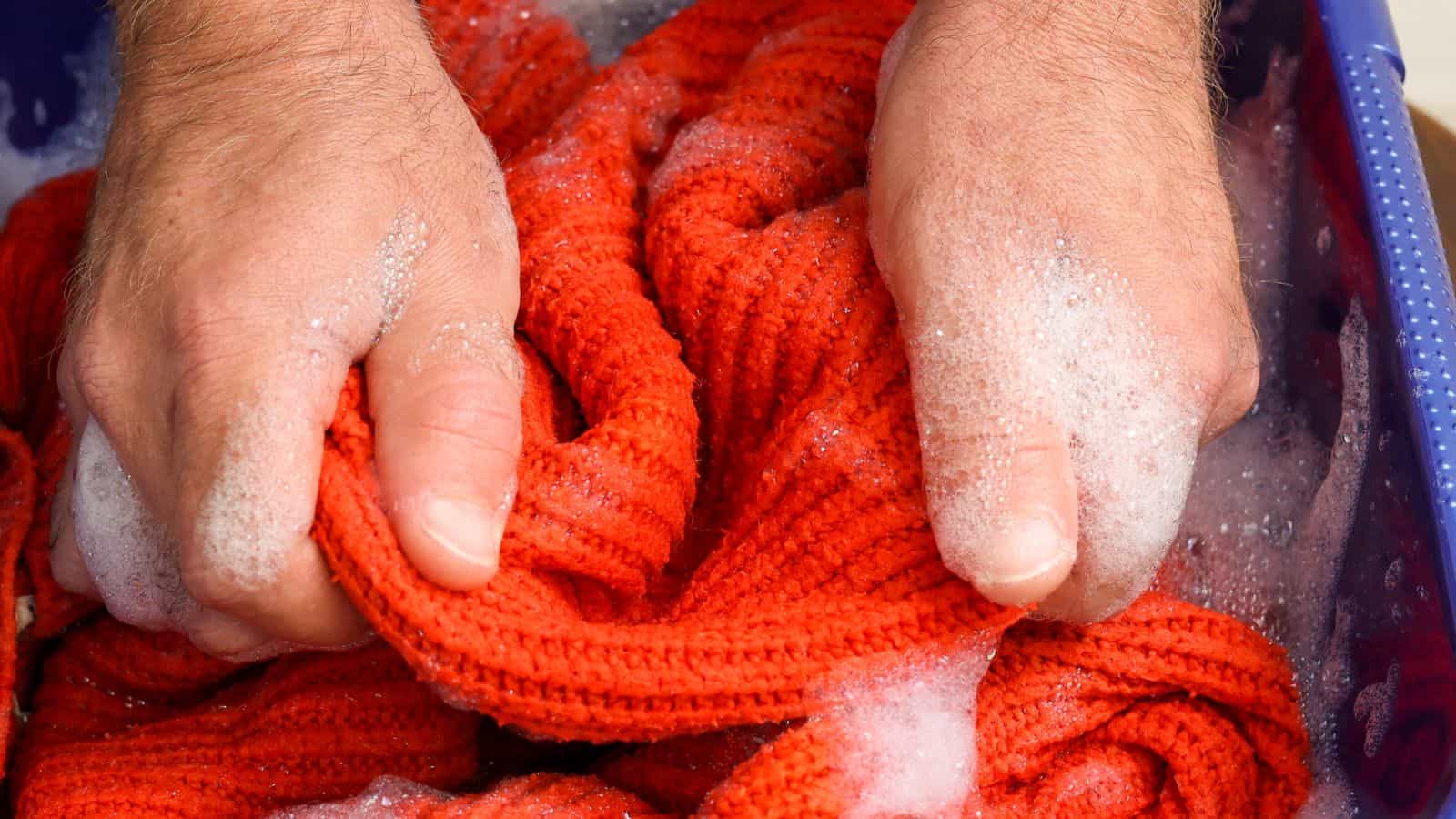
While washing clothes with hot water is sometimes necessary—especially to get rid of stains—modern washing machines do a great job at lower temperatures. It’s even possible to get detergent specially made for cold washes, which allows you to save energy while keeping your clothes spotless.
Dirty Air Filters
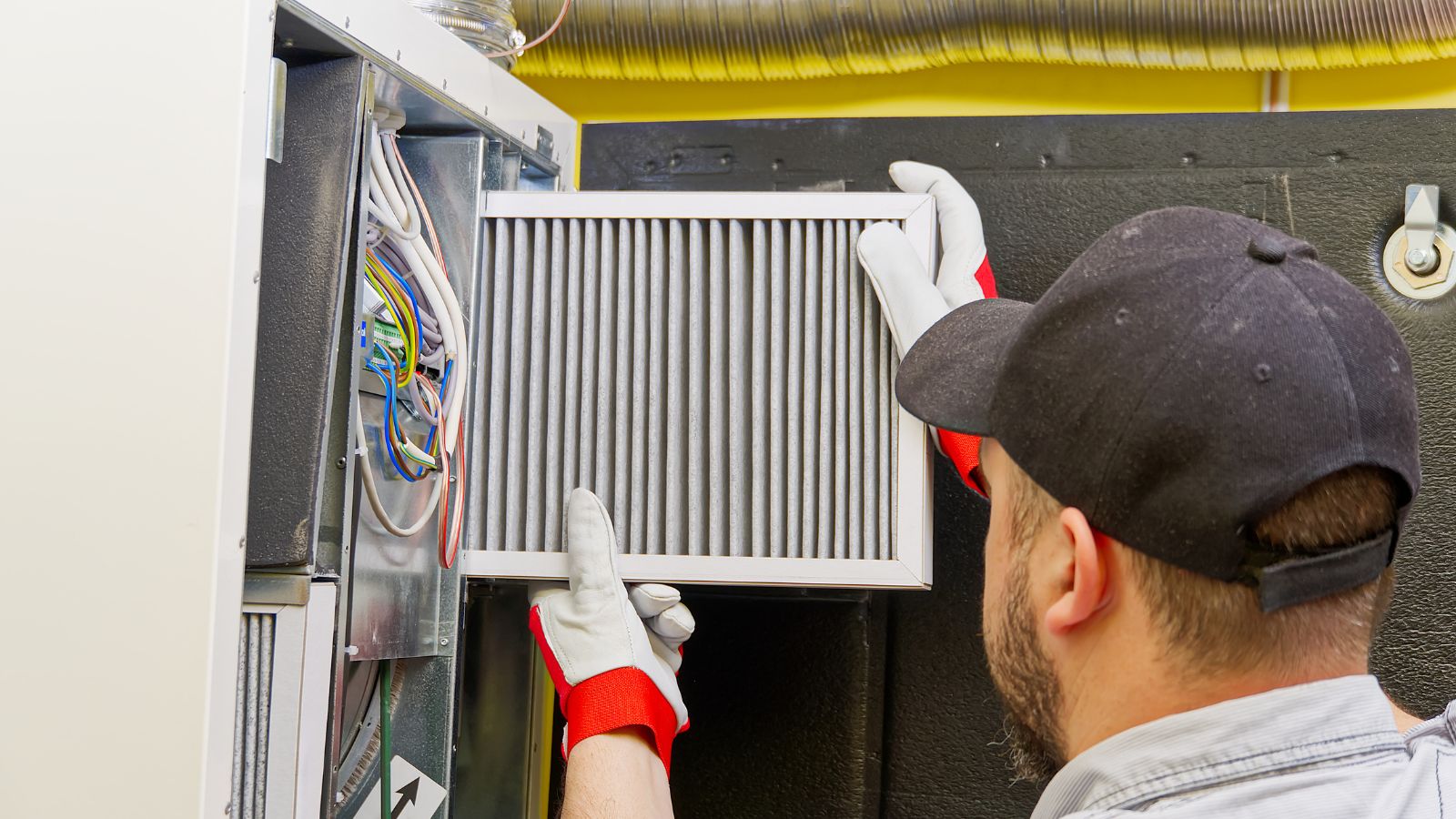
Dirty HVAC units are a surprising contributor to your home’s energy bills. Air conditioners catch dust in their filters, but the more dust they catch, the less efficiently they run. In order to keep your HVAC operating at peak energy efficiency, it’s important to swap out your device’s air filters every few months.
Overfilling the Kettle
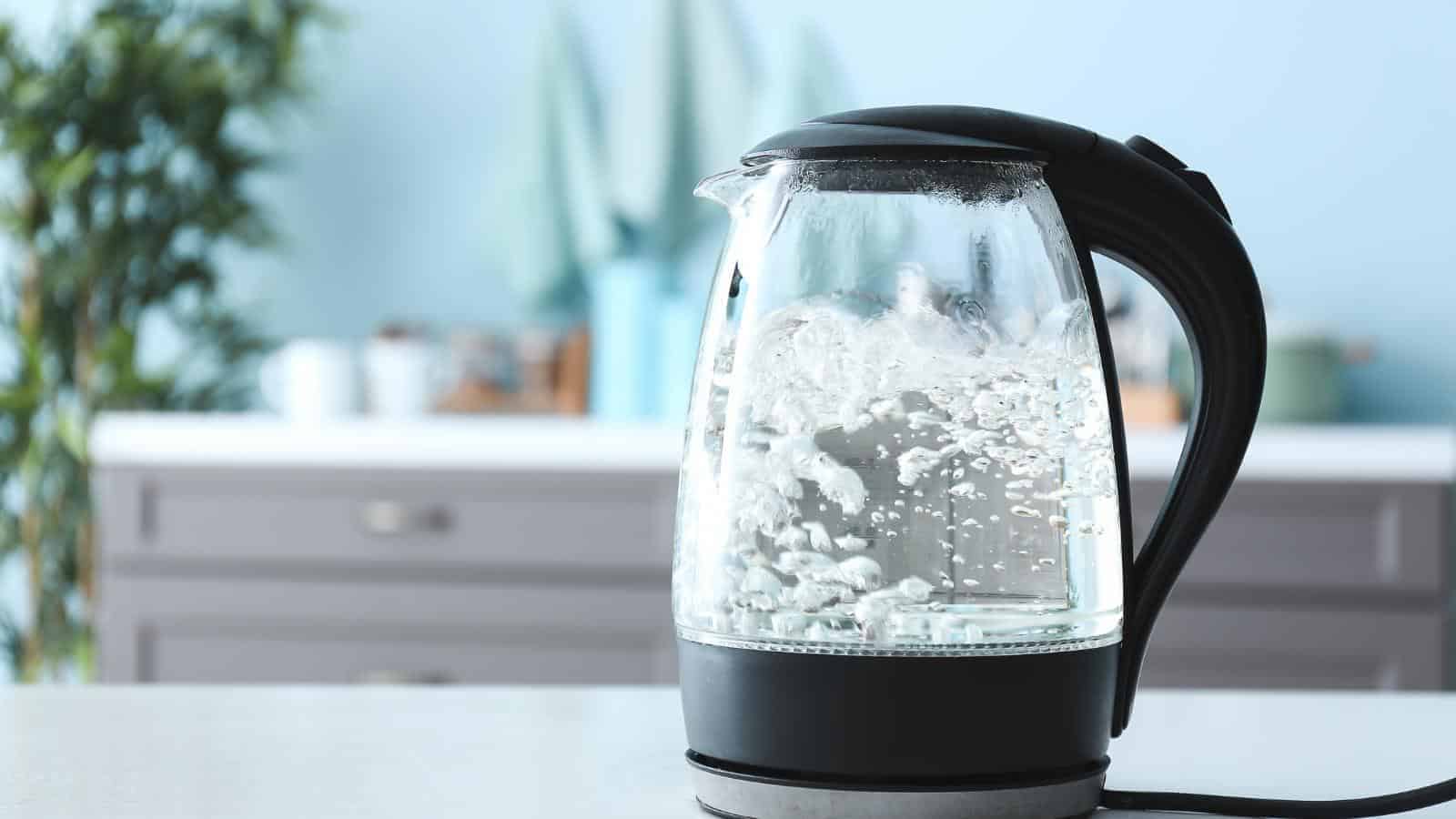
Owners of these kitchen gadgets need to be careful about energy use. Putting too much water in a kettle—or a pan, if you’re boiling water that way—means that more energy is needed to heat it up. This wastes energy, so make sure to measure your water carefully first.
Overcharging Devices
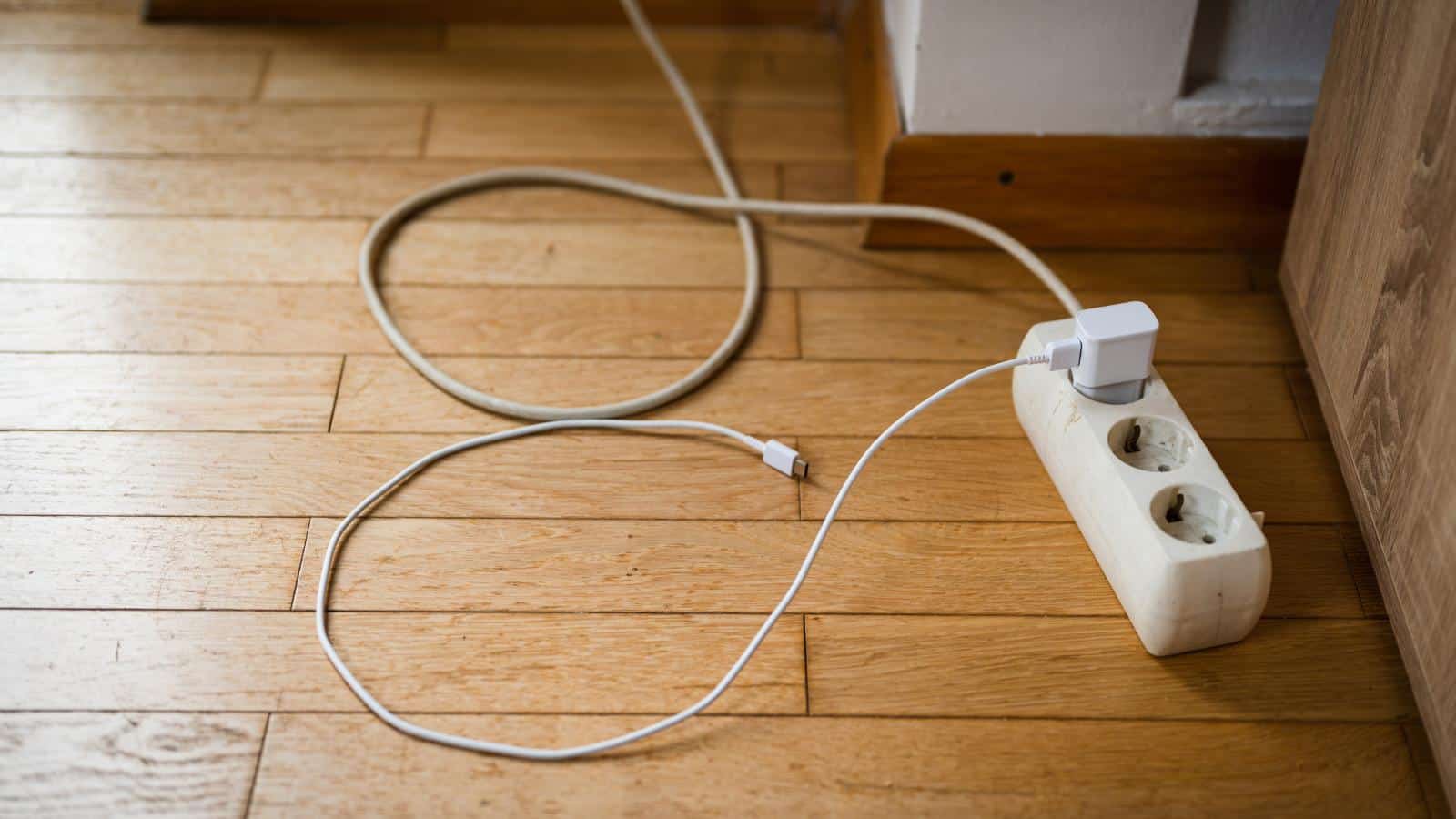
It’s all too easy to forget to unplug your laptop, phone, or tablet once it’s fully charged. However, it’s essential to disconnect fully charged devices—not only for the sake of your energy bill but also to preserve your devices. Overcharging can also damage batteries, so it’s always best to unplug.
Leaving Lights Switched On
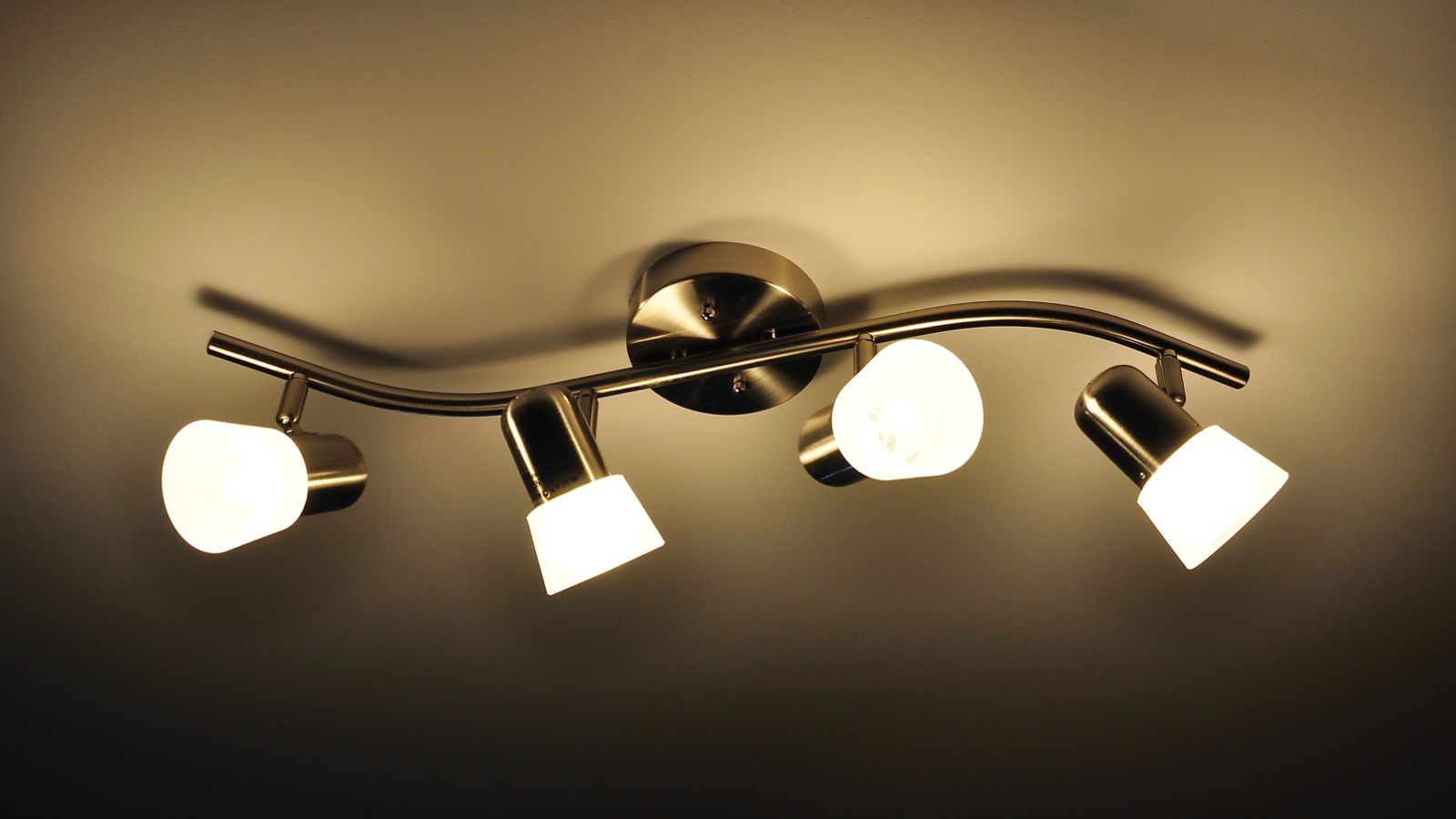
Constellation, an energy provider, warns homeowners not to leave the lights on if they’re leaving a room for more than 15 minutes. Although individual lightbulbs don’t use huge amounts of energy, keeping them on when you don’t need them is still wasteful. It all adds up!
Using Standby Mode

Keeping your devices in standby mode is more efficient than running them at full power, but it’s important not to treat standby mode as a zero-energy option. Laptops, TVs, and other devices all consume power while left on standby, so always switch them off completely unless you need to use them immediately.
Trouble with the Thermostat
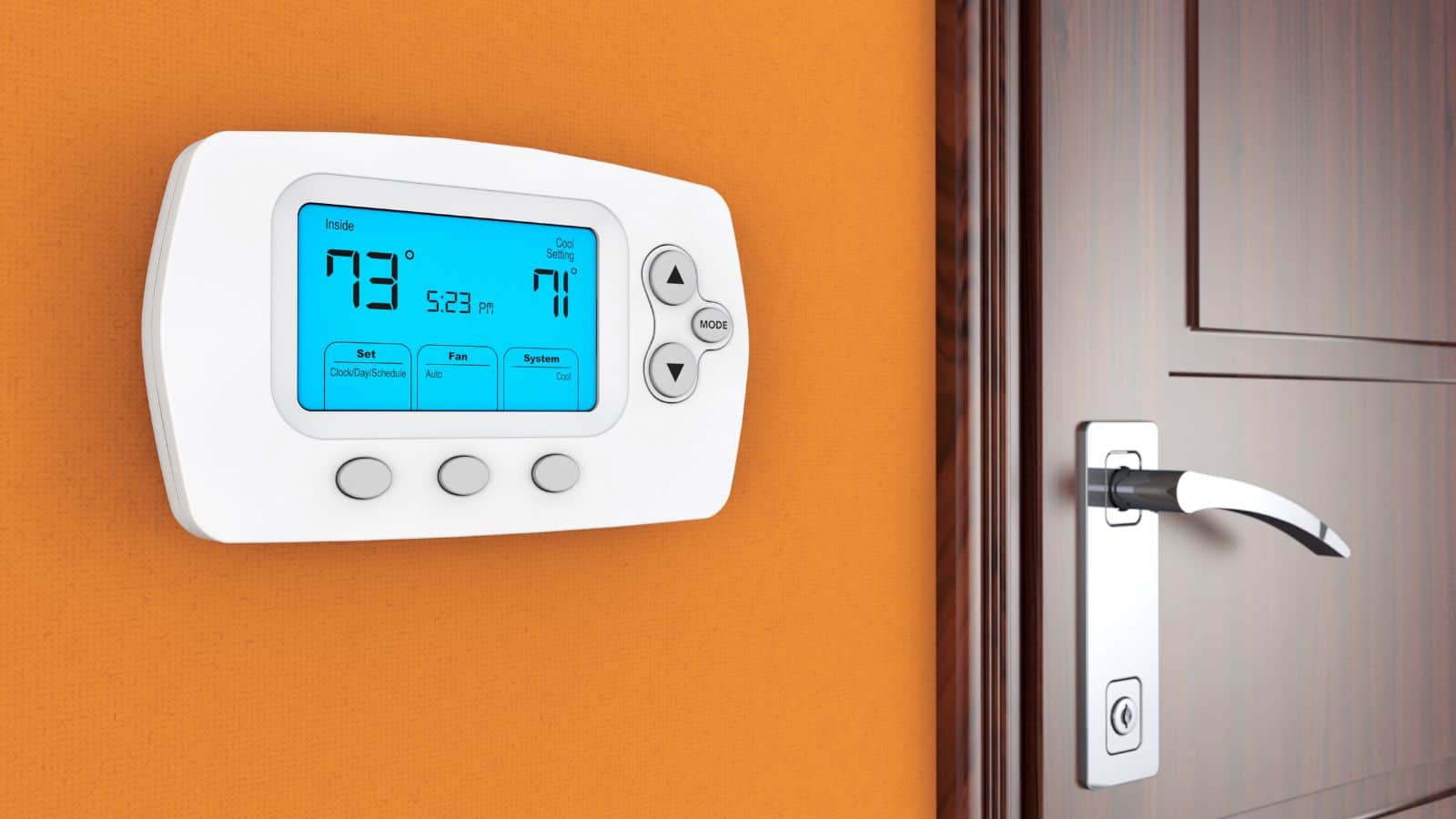
Thermostats are great for keeping our homes toasty, but they’re also huge energy wasters if not used properly. There’s no need to keep it running hot if the weather suddenly turns sunny, but it’s also important not to run it too cold either. A smart thermostat can help you find a good balance!
Spending Too Long in the Shower
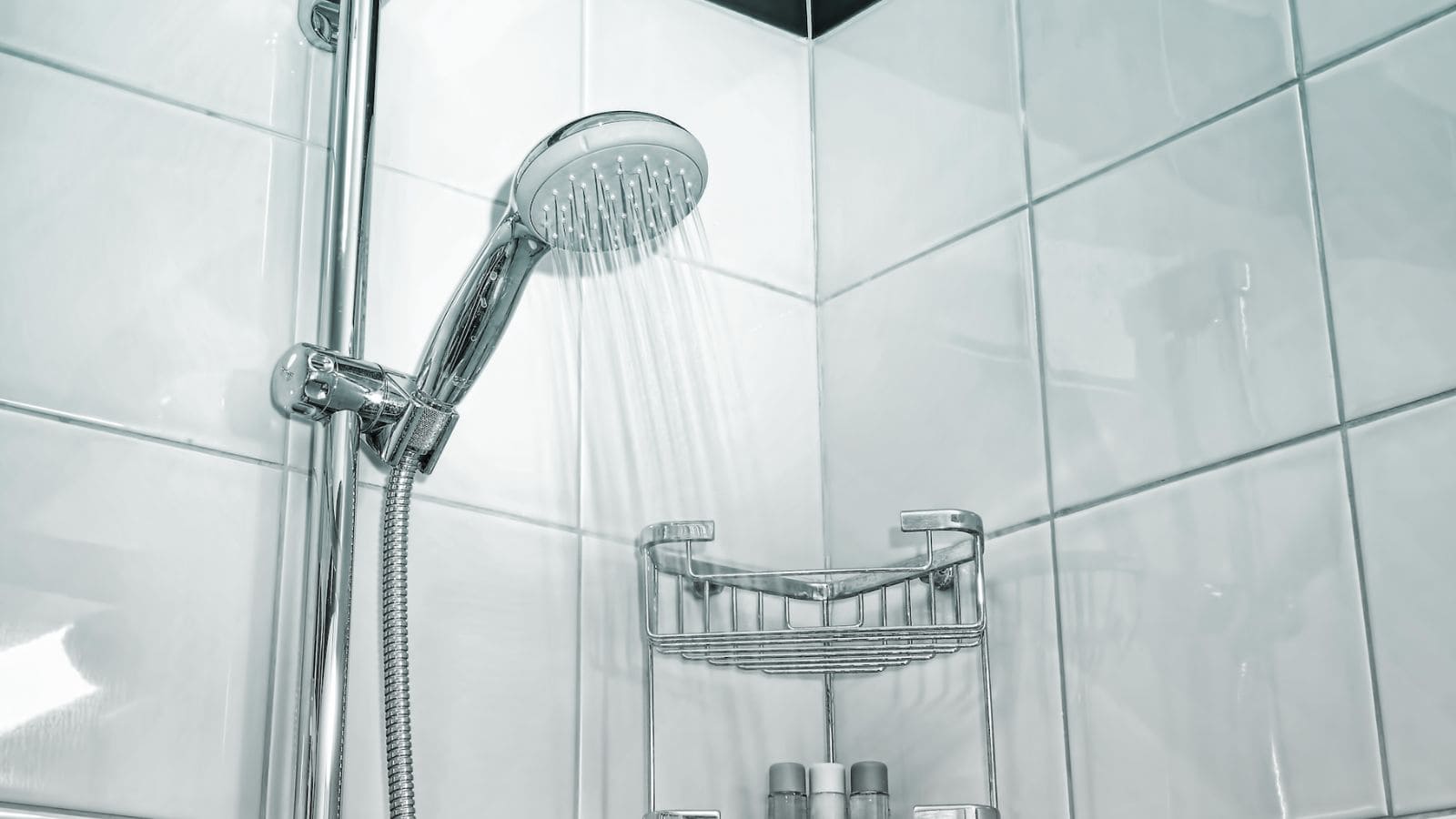
There’s nothing like a good shower, but it’s possible to have too much of a good thing. Hot showers require lots of energy to heat the water, especially once your hot water heater has been drained. Short showers are the way to go.
Poor Insulation
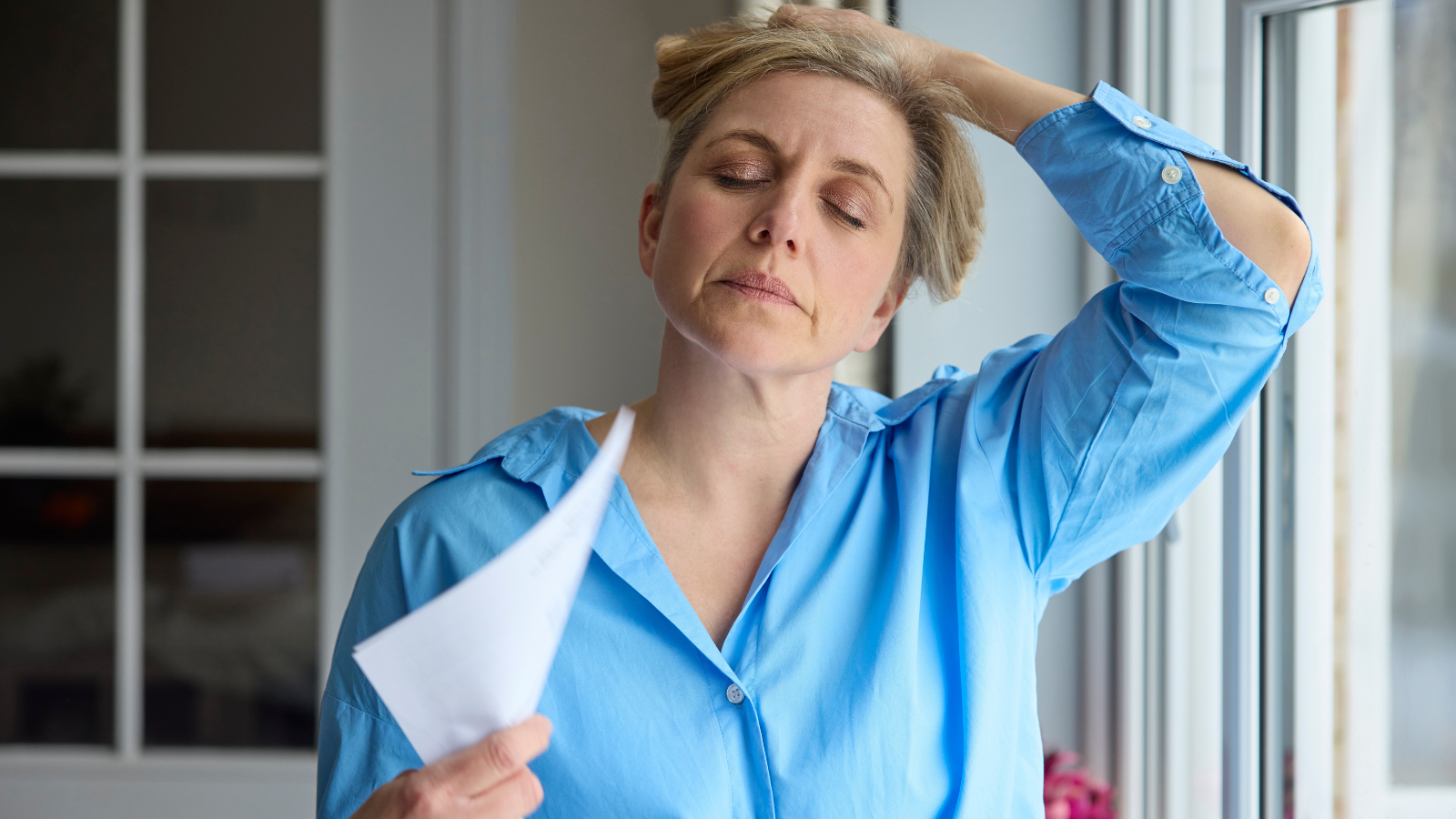
It’s always possible to use energy more efficiently. Properly insulated homes consume less energy because the heat stays in, meaning that radiators or other heaters have to be turned on less often. This is a passive method of saving energy, but it’s still very effective.
Recipe for Disaster

You can save energy and money by using kitchen appliances efficiently. Don’t leave the oven on when you’re not using it; cover your boiling pots with a lid; and avoid reheating food unnecessarily. One way to save energy while cooking is to use an air fryer—these gadgets are super efficient!
Ignoring Natural Light

The sun’s energy isn’t just for solar panels—we can rely on it to heat and light our homes directly. Keeping your curtains or blinds closed during the day wastes energy because you’re forced to rely on electricity instead of natural light. Sunlight is free, so make the most of it whenever possible.
Ignoring the Smart Meter
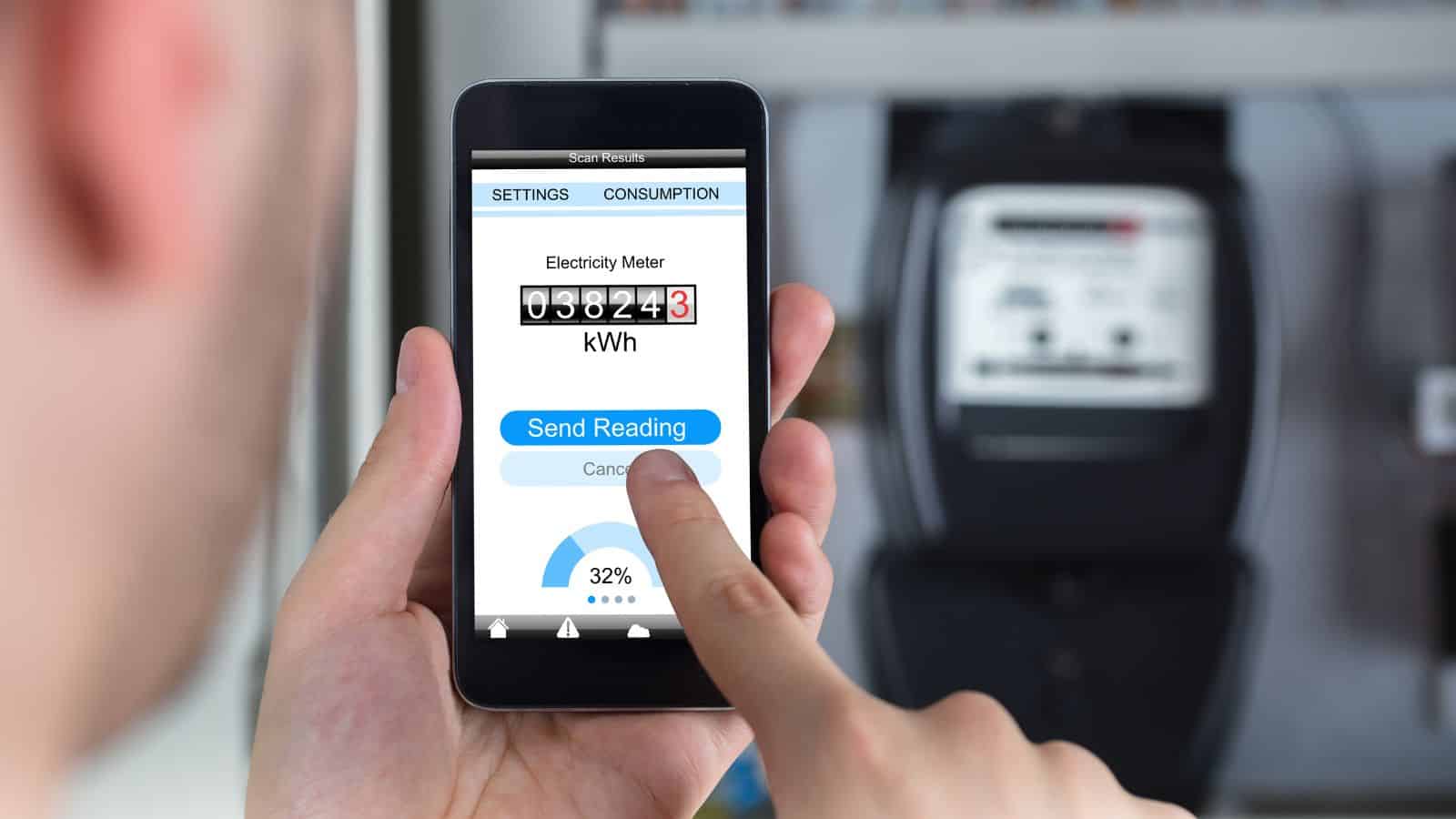
Smart meters make it easy to save energy. However, they are only as good as their owners—if you’re not willing to study the information your smart meter provides and then take steps to save energy, you’re going to end up wasting it.
Incandescent Lightbulbs
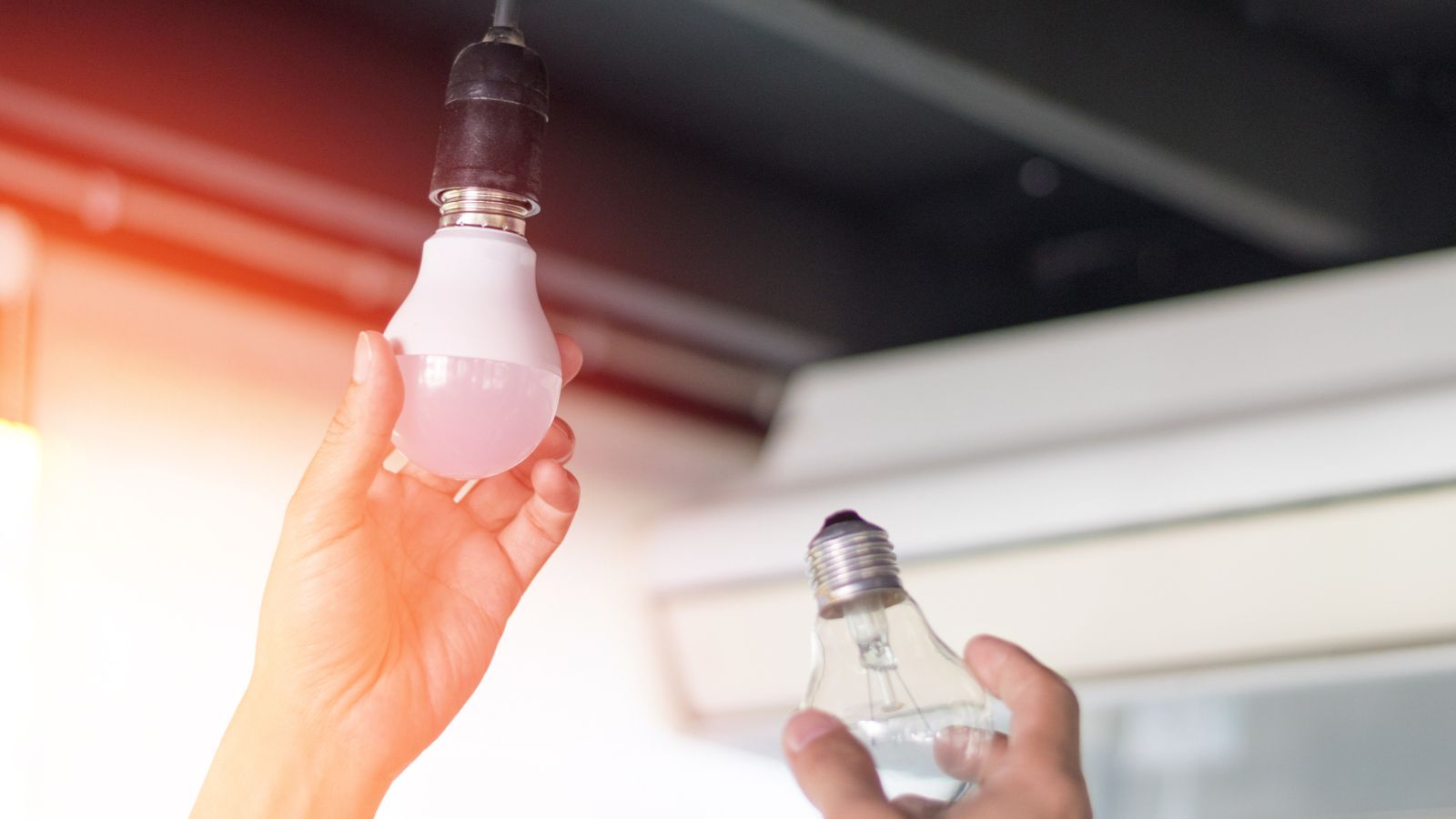
If you’ve ever visited a hardware store, you’ll know that there are a hundred and one different types of lightbulbs. Compact fluorescent bulbs and LEDs are both really efficient but watch out for incandescent lightbulbs. These use scary amounts of energy, so be sure to update your bulbs to cut costs.
Forgetting to Switch Off Appliances Before a Vacation

A good vacation is all about getting some quality R&R, but your appliances need rest and relaxation, too! It’s important to switch off or unplug your TV, DVD player, and computer when you go traveling. You’re not going to be using them while you sunbathe, so why let them drain the power grid?
Using the Dishwasher at Half Empty or Half Full

Whether you think that your dishwasher is half empty or half full, it shouldn’t be turned on. Wait until you’ve got a full load of plates and cutlery before putting this essential appliance to work. Even when they’re running at peak efficiency, dishwashers still use plenty of energy—make every kilowatt count!
Not Using Smart Plugs
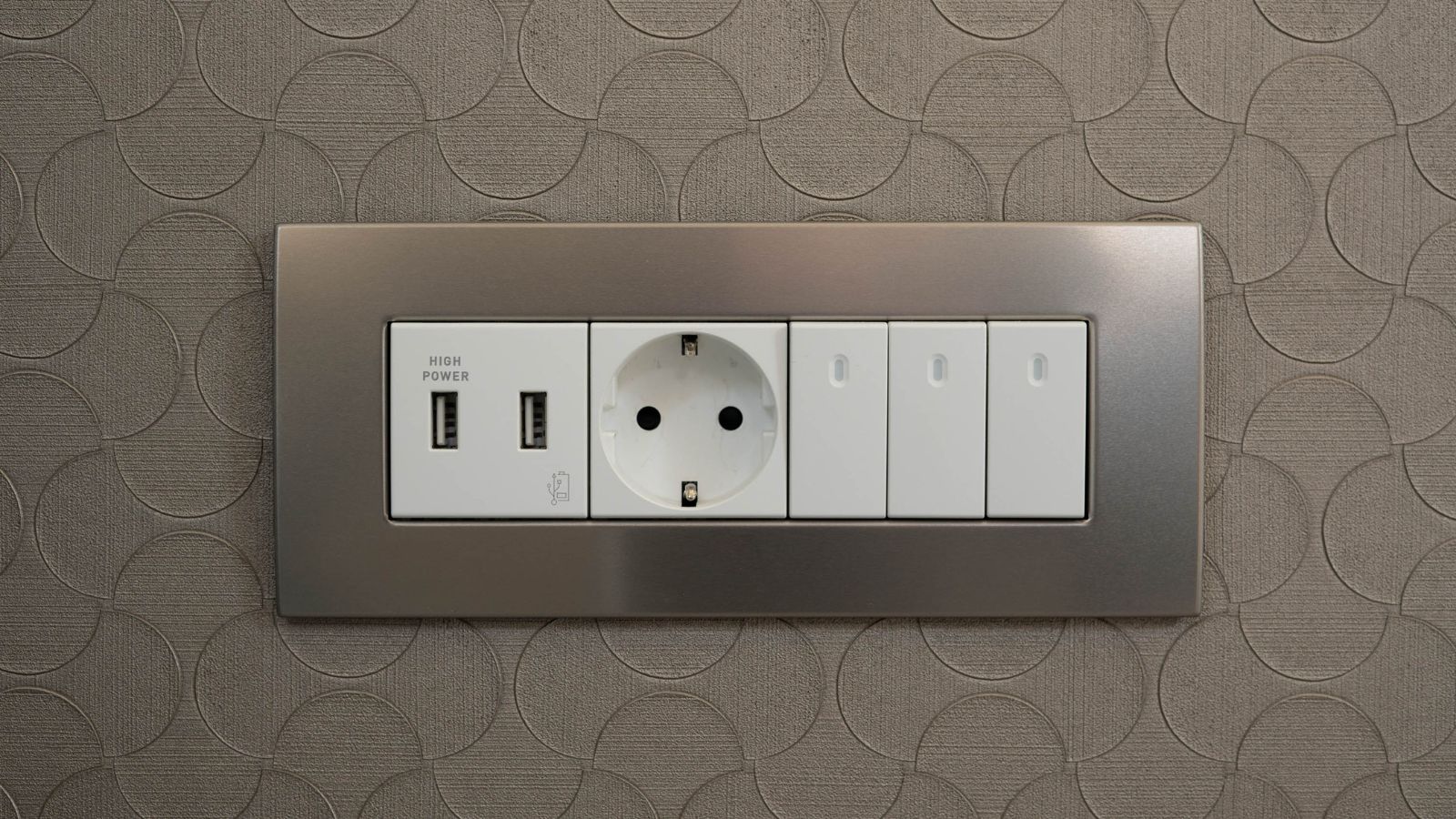
We get it—you don’t want to root around in the cat’s cradle of extension cables to plug in your devices or switch them off. Luckily, Which? has a (somewhat expensive) solution. Smart plugs can be controlled from your smartphone, helping you regulate the flow of energy in your home without any fuss.
Backyard Landscaping

How you arrange your yard can have a huge impact on your home’s energy efficiency. Research shows that properly managed plants and trees can help us all save energy. During the summer, they keep homes shady and cool, while keeping them trimmed during the winter helps ensure that sunlight can reach—and heat—your home.
Up Next: 20 Things Your Boss Is Legally Forbidden to Ask of You

The workplace should be a professional environment free from discrimination and harassment. While employers have the authority to ask questions regarding legal work obligations, there are certain personal boundaries they cannot cross. Whether it’s an invasion of privacy or an unfair request, here are 20 examples of things your boss is legally prohibited from asking of you.
20 Things Your Boss Is Legally Forbidden to Ask of You
18 Things That Say You Are Middle-Class and Not Rich

The difference between the rich and middle class can be confusing, but the two couldn’t be further from each other in reality. In this article, we look at 18 signs that someone is middle class but not at all rich or wealthy.
18 Things That Say You Are Middle-Class and Not Rich
18 Most Dangerous Cities in the World (5 Are in America)

Across the globe, there are many places you don’t want to find yourself because of the crimes waiting to occur. Sometimes, even nature can be cruel to you. This is particularly the case in the following 18 most dangerous cities in the world, five of which are in America!

